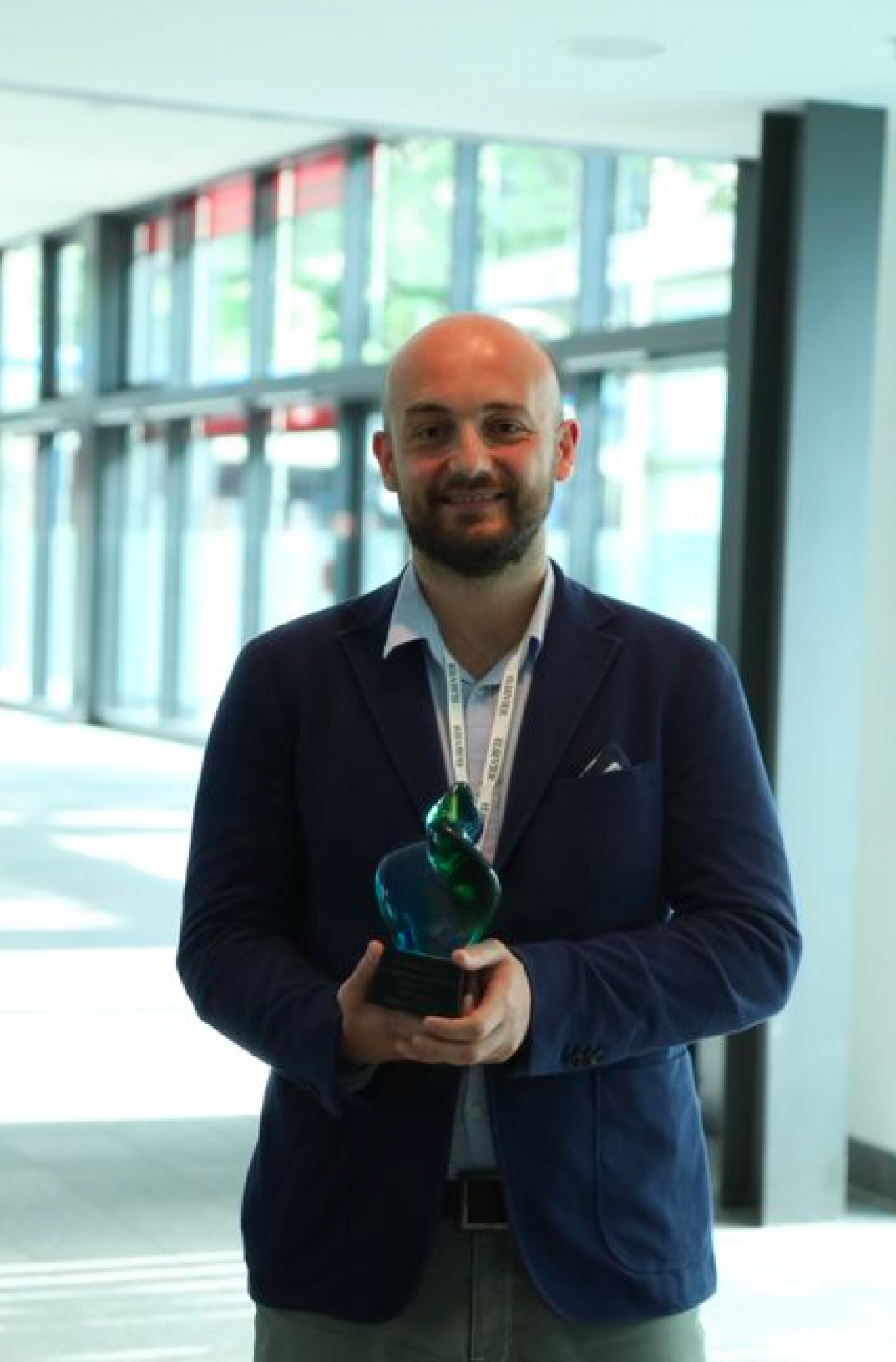
In 2018, Dr. Alessio Adamiano, a researcher for the Italian National Research Council at the Institute of Science and Technology for Ceramic Materials, was awarded the second prize of €25,000. His project, “Phos-Fate: Empowering fishing communities for climate change”, demonstrated how phosphorous can be recycled in a simple, scalable way by converting fish bones into products such as fertilizers. Dr. Adamiano and his team will work with partners in Senegal and Spain to pilot this unique circular economy project.
“Phosphate is basic to all life, but especially food production and plants,” Dr. Kaus Küemmerer of the University of Leuphana, Chair of the jury panel, commented. “Its steady depletion and declining quality as a natural resource is an issue for all countries. Phos-FATE will not only reduce dependence on an expensive import for developing countries, but will create local value, jobs and eventually produce a higher quality of phosphate for crops.”
“Through projects such as these, which clearly tackle key UN Sustainable Development Goals around food security, the Challenge is helping build a stronger, green and sustainable chemistry community, and will boost knowledge transfer around the globe.” said Ylann Schemm, Director of the Elsevier Foundation.
Two years later, we interviewed Dr. Adamiano about his experience at the Challenge, as well as the upcoming steps for his project empowering fishing communities for climate change.
